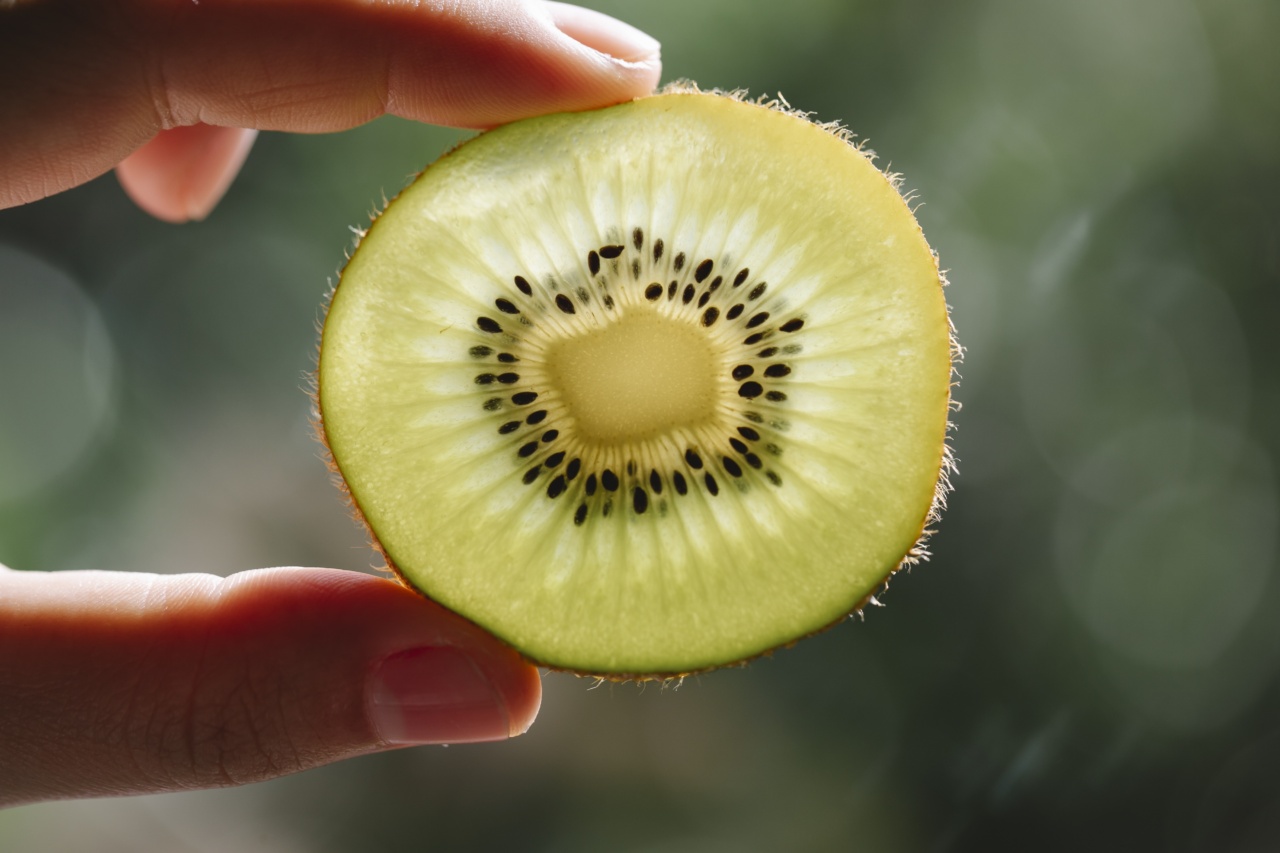In the quest to lose weight, different diets and strategies have emerged over the years. One such strategy that has gained significant attention is increasing protein intake.
Protein is an essential macronutrient that plays a crucial role in various bodily functions and can have a significant impact on weight loss. In this article, we will explore the science behind protein intake for losing weight and how it can positively affect your weight loss journey.
Understanding Protein and its Role in the Body
Proteins are the building blocks of our body and are composed of amino acids. These amino acids are responsible for various functions, including the repair and growth of tissues, hormones production, and the formation of enzymes.
When it comes to weight loss, protein plays a vital role in several ways:.
1. Increased Satiety and Reduced Caloric Intake
One of the main reasons why protein can aid in weight loss is its ability to increase satiety, meaning it keeps us feeling full and satisfied for longer periods.
Compared to carbohydrates and fats, protein takes more time and energy to digest, reducing the frequency of hunger pangs and cravings. As a result, individuals often consume fewer calories overall, leading to a caloric deficit necessary for weight loss.
2. Increased Thermogenesis and Metabolic Rate
Protein also has a higher thermic effect of food (TEF) compared to carbohydrates and fats. TEF refers to the energy expenditure required for digestion, absorption, and storage of nutrients.
This means that consuming protein can temporarily increase the body’s metabolic rate and calorie expenditure. Studies have shown that a high-protein diet can lead to an increase in energy expenditure, helping burn more calories throughout the day.
3. Preservation of Lean Muscle Mass
During weight loss, there is a risk of losing not just fat but also muscle mass. However, consuming an adequate amount of protein can help mitigate muscle loss.
Protein provides the necessary amino acids for muscle protein synthesis, promoting muscle growth and maintenance. Preserving lean muscle mass is crucial during weight loss as it helps maintain a higher metabolic rate, making it easier to lose weight and keep it off in the long run.
4. Enhanced Fat Burning and Appetite Regulation
Another important aspect of protein intake for weight loss is its impact on fat burning. Protein-rich diets have been shown to increase the activation of specific hormones and enzymes involved in fat breakdown and oxidation.
Moreover, protein has been found to regulate appetite hormones such as ghrelin and peptide YY, leading to reduced feelings of hunger and increased feelings of fullness.
Recommended Protein Intake for Weight Loss
The optimal protein intake for weight loss can vary depending on individual factors such as age, sex, activity level, and overall health. However, general guidelines suggest consuming 0.8 to 1.2 grams of protein per kilogram of body weight per day.
For example, if you weigh 70 kilograms, your protein intake should fall between 56 to 84 grams per day.
It’s worth noting that increasing protein intake alone is not a magic solution for weight loss. It should be combined with a well-rounded diet that includes a balance of carbohydrates, healthy fats, and other essential nutrients.
Consulting a registered dietitian or healthcare professional can help you determine the ideal protein intake for your specific needs and goals.
Best Sources of Protein for Weight Loss
Obtaining protein from a variety of sources is important to ensure you’re getting a wide range of essential amino acids. Some excellent sources of protein for weight loss include:.
1. Lean Meats and Poultry
Lean cuts of chicken, turkey, and beef are high in protein and low in fat, making them ideal choices for weight loss. Opt for skinless chicken breast, sirloin steak, or lean ground turkey to fulfill your protein requirements.
2. Fish and Seafood
Fatty fish like salmon, mackerel, and sardines not only provide ample protein but also contain heart-healthy omega-3 fatty acids.
These omega-3s offer numerous health benefits and aid in weight loss by reducing inflammation and improving insulin sensitivity.
3. Eggs
Eggs are a nutrient powerhouse, offering all essential amino acids along with vitamins and minerals. Including eggs in your diet can be a convenient and versatile way to increase protein intake for weight loss.
4. Legumes and Beans
Legumes such as lentils, chickpeas, and black beans are not only high in protein but also rich in fiber. The combination of protein and fiber promotes satiety and helps control appetite, making legumes an excellent addition to a weight loss diet.
5. Dairy Products
Dairy products like Greek yogurt, cottage cheese, and low-fat milk are great sources of protein. Additionally, they offer calcium and vitamin D, essential for bone health.
6. Plant-Based Protein Sources
For those following a vegetarian or vegan diet, plant-based protein sources like tofu, tempeh, quinoa, and seitan can provide the necessary amino acids.
Combining different plant-based protein sources throughout the day can ensure you meet your protein needs.
The Timing of Protein Intake
While total daily protein intake is crucial, there is evidence suggesting that distributing protein intake evenly throughout the day can be beneficial for weight loss. Aim to include a moderate portion of protein-rich foods in each meal and snack.
This approach helps maintain satiety and maximizes muscle protein synthesis.
Conclusion
Protein intake is an essential component of a successful weight loss journey. Not only does it increase satiety and reduce caloric intake, but it also boosts metabolism, preserves lean muscle mass, enhances fat burning, and regulates appetite.
Incorporating a variety of high-quality protein sources into a well-balanced diet can optimize weight loss efforts and improve overall health. Remember to consult a healthcare professional or registered dietitian to determine the right protein intake for your individual needs and goals.



























